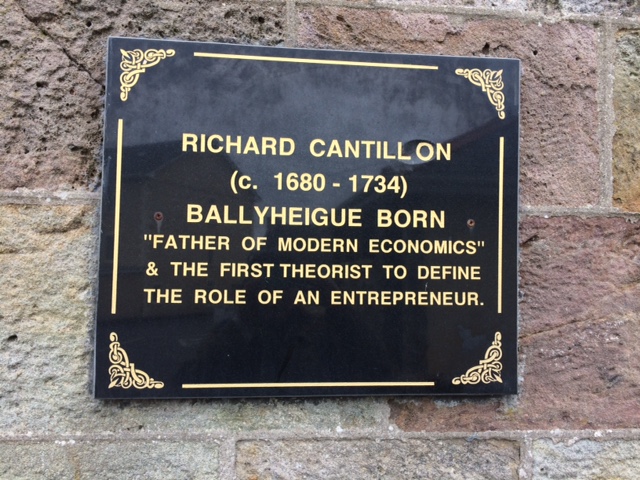[T]he greatest of the many defects in [Adam] Smith's theory was his totally discarding Cantillon's and Turgot's brilliant analysis of the entrepreneur. It was as if these great eighteenth century Frenchmen had never written. Smith's analysis rested solely on the capitalist investing 'stock' and on his labour of management and inspection; the very idea of the entrepreneur as a risk-bearer and forecaster was thrown away and, again, classical economics was launched into another lengthy blind alley. If, of course, one persists in fixing one's vision on the never-never land of long-run equilibrium, where all profits are low and equal and there are no losses, there is no point in talking about entrepreneurship at all.
The political implications of this omission were also not lost on nineteenth century socialists. For if there is no role for entrepreneurial profits in a market economy, then any existing profits must be 'exploitative,' far more so than the low, uniform rate existing in long-run equilibrium.
~ Murray Rothbard,
An Austrian Perspective on the History of Economic Thought, Vol. I, Chapter 16, "The celebrated Adam Smith," pp. 459-460, 1995



No comments:
Post a Comment